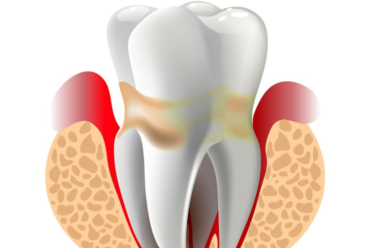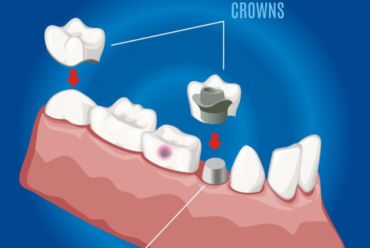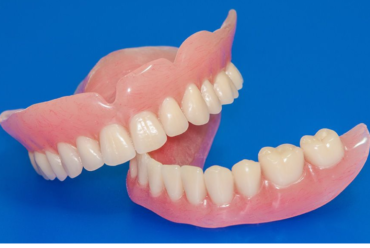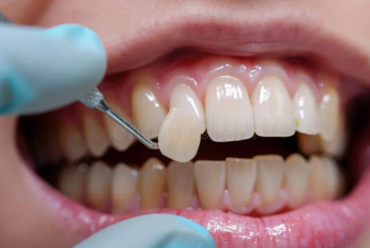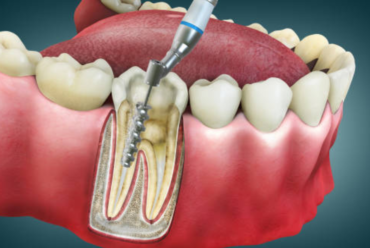General Dentistry vs. Specialized Dentistry: Understanding the Difference
Dentistry plays a crucial role in maintaining oral health, but many people don’t fully understand the difference between general dentistry and specialized dentistry. Both fields are essential for ensuring comprehensive dental care, but they serve different purposes and address different needs. In this blog, we’ll break down the distinctions between general and specialized dentistry to help you understand which type of care you may need at different stages of your life.
What is General Dentistry?
General dentistry focuses on providing routine dental care to patients of all ages. A general dentist acts as the primary care provider for your oral health, offering a wide range of services to prevent, diagnose, and treat common dental issues.
Services Provided by General Dentists
General dentists perform a variety of services to ensure patients maintain healthy teeth and gums. Some common services include:
- Regular Checkups and Cleanings: General dentists recommend visiting the dental office every six months for checkups and professional cleanings to remove plaque and tartar buildup.
- Fillings and Restorations: If you have cavities, general dentists can provide fillings to restore the function and appearance of your teeth.
- Preventive Care: General dentists offer treatments such as fluoride applications and dental sealants to protect teeth from decay.
- X-rays and Diagnostics: General dentists use diagnostic tools like X-rays to detect problems that may not be visible to the naked eye.
- Basic Tooth Extractions: General dentists can perform simple tooth extractions when necessary.
- Oral Health Education: They provide guidance on proper brushing, flossing, and overall oral hygiene practices.
General dentists aim to help patients maintain good oral health, prevent dental problems, and address issues before they become more serious.
What is Specialized Dentistry?
Specialized dentistry refers to dental care provided by professionals who have undergone additional training in specific areas of dentistry. After completing dental school, specialists pursue additional years of education to become experts in their chosen field. Specialized dentists handle more complex dental issues that require advanced knowledge and skills.
Types of Dental Specialists
There are several types of dental specialists, each focusing on a particular aspect of oral health:
- Orthodontist
- Specializes in diagnosing and correcting misaligned teeth and jaws.
- Provides treatments like braces, aligners, and retainers.
- Endodontist
- Focuses on treating issues related to the dental pulp and root canals.
- Performs root canal therapy to save infected or damaged teeth.
- Periodontist
- Specializes in treating gum diseases and other issues related to the supporting structures of the teeth.
- Provides treatments for gingivitis, periodontitis, and dental implants.
- Pediatric Dentist (Pedodontist)
- Specializes in providing dental care for children from infancy through adolescence.
- Focuses on creating a positive dental experience for young patients.
- Prosthodontist
- Focuses on restoring and replacing missing teeth.
- Provides treatments like crowns, bridges, dentures, and dental implants.
- Oral and Maxillofacial Surgeon
- Specializes in surgical procedures involving the mouth, jaw, and face.
- Performs procedures such as wisdom tooth removal, corrective jaw surgery, and facial reconstruction.
- Oral Pathologist
- Focuses on diagnosing and treating diseases of the oral and maxillofacial region.
- Identifies conditions such as oral cancer and lesions.
Differences Between General Dentistry and Specialized Dentistry
Scope of Practice
The primary difference between general dentistry and specialized dentistry is the scope of practice. General dentists provide a broad range of services to maintain overall oral health, while specialists focus on specific areas of dental care.
Training and Education
General dentists complete dental school and may participate in continuing education courses to stay up-to-date on the latest dental practices. Specialists, on the other hand, undergo additional years of training in their chosen specialty after completing dental school.
Complexity of Treatment
General dentists handle routine dental care and minor procedures, while specialized dentists manage more complex cases. For example, a general dentist can fill a cavity, but if the tooth’s pulp is infected, an endodontist would perform a root canal.
Referral Process
In many cases, general dentists refer patients to specialists when more advanced care is needed. For example, if a patient has severe gum disease, the general dentist may refer them to a periodontist for specialized treatment.
When to Visit a General Dentist vs. a Specialist
General Dentist
You should visit a general dentist for routine care and maintenance. Common reasons to see a general dentist include:
- Regular dental checkups
- Teeth cleaning
- Filling cavities
- Addressing minor toothaches
- Getting advice on oral hygiene
Specialist
You may need to see a specialist if you have specific dental issues that require advanced care. Common reasons to visit a specialist include:
- Misaligned teeth or bite issues (Orthodontist)
- Severe tooth pain or infection (Endodontist)
- Gum disease (Periodontist)
- Tooth loss or restoration (Prosthodontist)
- Pediatric dental care (Pediatric Dentist)
- Surgical procedures (Oral Surgeon)
- Oral disease diagnosis (Oral Pathologist)
Benefits of General Dentistry
- Convenience: General dentists offer comprehensive care in one location.
- Preventive Focus: Regular visits help prevent serious dental problems.
- Personalized Care: General dentists build long-term relationships with patients and understand their dental history.
Benefits of Specialized Dentistry
- Advanced Expertise: Specialists have extensive knowledge in their area of practice.
- Complex Procedures: They can handle intricate cases that require specific skills.
- Focused Treatment: Specialists provide targeted solutions for specific dental problems.
Working Together: The Role of Both General and Specialized Dentistry
General dentists and specialists often work together to provide the best possible care for patients. For example, a general dentist may detect an issue during a routine checkup and refer the patient to a specialist for more in-depth treatment. This collaborative approach ensures that patients receive comprehensive and effective dental care.
Conclusion
Understanding the difference between general dentistry and specialized dentistry can help you make informed decisions about your oral health care. General dentists provide essential routine care and preventive services, while specialists handle more complex dental issues that require advanced expertise. Knowing when to see a general dentist and when to seek specialized care is key to maintaining a healthy smile for life. Whether you’re visiting a general dentist for a regular checkup or a specialist for advanced treatment, both types of dental professionals play a vital role in your oral health journey.


